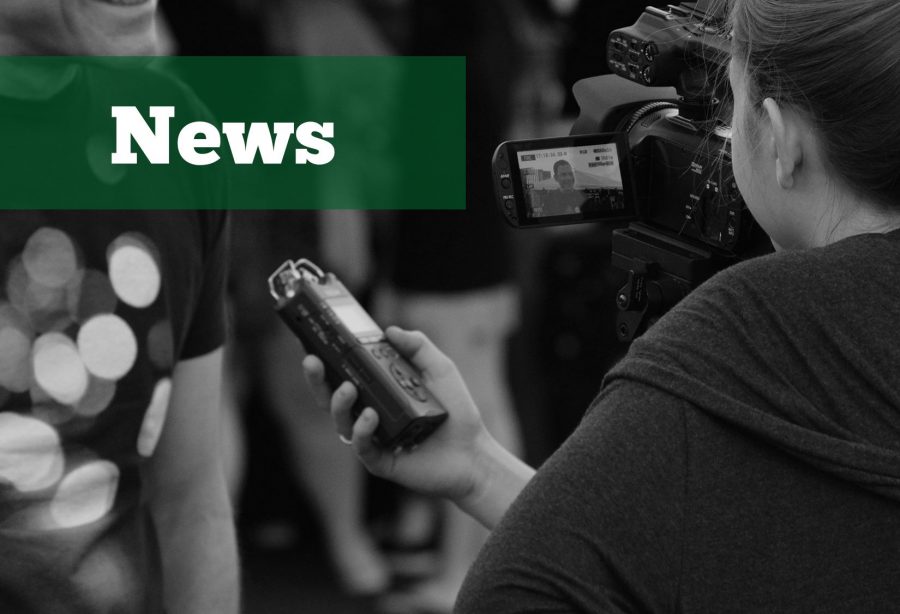Counseling/Student Development Center and RAE offer bystander engagement training
March 20, 2017
The Counseling/Student Development Center (CSDC) and the Relationship and Empowerment Task Force (RAE) will offer bystander engagement training to students this semester.
According to Barbara Decker, associate director of the CSDC, the training will teach students how to intervene in situations where others might need help and allow them to educate others about acceptable behavior.
Some situations that a bystander may engage in include speaking up about sexist jokes or discourse, as well as intervening in instances where an inebriated person is unable to give sexual consent, she said.
Decker said 40 students will participate in the eight-hour training in April and then facilitate smaller training groups this fall. Marywood faculty and staff had the opportunity to recommend qualified students for the facilitator positions until March 10.
The first group of 40 students includes a combination of women and men, Decker said. Student athletes make up half of the first training group, and about 300 more student athletes will receive the training next semester, since it will become a requirement for athletic teams.
The training will consist of practicing bystander engagement strategies, as well as learning how to facilitate and teach them to others, Decker said.
“I think it’s so very important that the Marywood community and really the national conversation and the Marywood conversation become one,” Decker said. “That’s really about all of us becoming both aware and also advocates of promoting healthy relationships and conversations…”
Justine Johnson, director of the Cross Cultural Centers at the University of Scranton, will conduct the bystander engagement training at Marywood.
“I’m really excited Marywood University is taking in the commitment to do this,” Johnson said. “I think that’s really key, is that it starts within the community to create change and to create a culture of change.”
Johnson said she prefers the term “bystander engagement” over the traditional term “bystander intervention” because “engagement” is a continuous, long-term commitment, not a one-time act.
“Once you learn about sexual violence, you can’t unlearn it. The students are taking an additional step to not only learning about it, but then doing something about it,” she said. “Part of your leadership opportunities on campus, part of you being a community member on campus, is caring for others, and this is a part of that.”
The CSDC and RAE plan to keep the bystander engagement training program going at Marywood in the future. Decker said with more people receiving training each year, she hopes that being an engaged bystander eventually becomes “culturally normative.”
Last fall, the same groups hosted Healthy Relationships Week to promote the national “It’s On Us” campaign, which aims to end sexual assault on college campuses. According to Decker, the “It’s On Us” mission to “change the culture” goes hand-in-hand with bystander engagement.
“Changing the culture means that we aren’t going to look away. We aren’t going to condone anything that promotes violence in relationships,” Decker said. “That leads to bystander engagement, because bystander engagement means that I become a person in the community that cares to create a community that’s safe for everybody.”
Contact the writer: [email protected]
Twitter: @BWilliamsTWW





